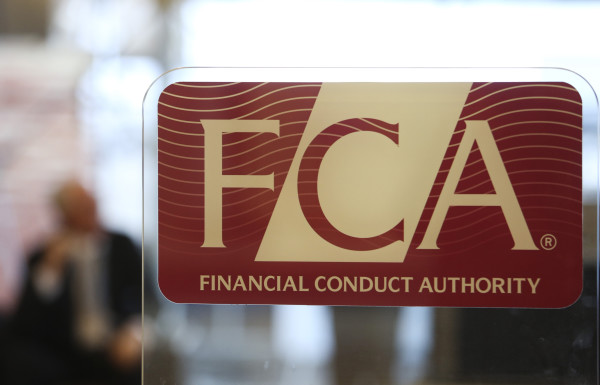How can advisers address the FCA’s suitability concerns with a holistic approach to wealth management?
For a number of years the financial services regulator has been concerned about the suitability of the investment portfolios recommended by the wealth management industry.
Thematic reviews conducted by the Financial Services Authority in 2010 and 2012 and, most recently, by the Financial Conduct Authority (FCA) in December 2015 identified a number of failings by wealth management firms.
These ranged from an inability to demonstrate investment suitability due to a lack of up-to-date client information and inadequate risk profiling, through to inconsistencies between clients’ attitudes to risk and the portfolios they were invested in.
During the 2015 review, in which the FCA reviewed 150 customer files across 15 different firms, 34 files (23 per cent) indicated a high risk of investment portfolios being unsuitable while it was not clear for 55 files (37 per cent) whether the investment portfolios were suitable or not.
The regulator judged a file as ‘unclear’ where it contained insufficient, inconsistent or confusing information.
One firm even had a client aged over 90 who was documented as having a medium risk appetite with a 20-year investment horizon. Most advisers would agree with the regulator that this would be difficult to justify.
The FCA also found instances where client information had not been updated in more than four years and where investment time horizons and income requirements had not been recorded. There was also a lack of clear explanations as to why clients were invested in the portfolios they had been placed in.
Of the 15 firms assessed, just a third raised ‘no substantial concerns’, with a third falling ‘substantially short’ of the regulator’s standards.
A further third were adjudged as needing to make some improvements to meet the required benchmark, as set out in the regulator’s ‘Dear CEO’ letter, sent out to wealth management firms in June 2011.
Unsurprisingly, the FCA is continuing to keep a close eye on the wealth management industry. In May 2016, it announced it would be conducting further visits at the end of 2016, to ensure investors were not being placed in portfolios that do not meet their investment needs.
It is therefore imperative that wealth managers can work with financial planners to take a thorough, holistic approach to investment, thereby ensuring that a client is invested in a suitable portfolio from the outset.
It is also important for wealth managers to know how to serve clients better by communicating with them regularly and monitoring changes in their circumstances.
Risk profiling and ‘a holistic approach’











